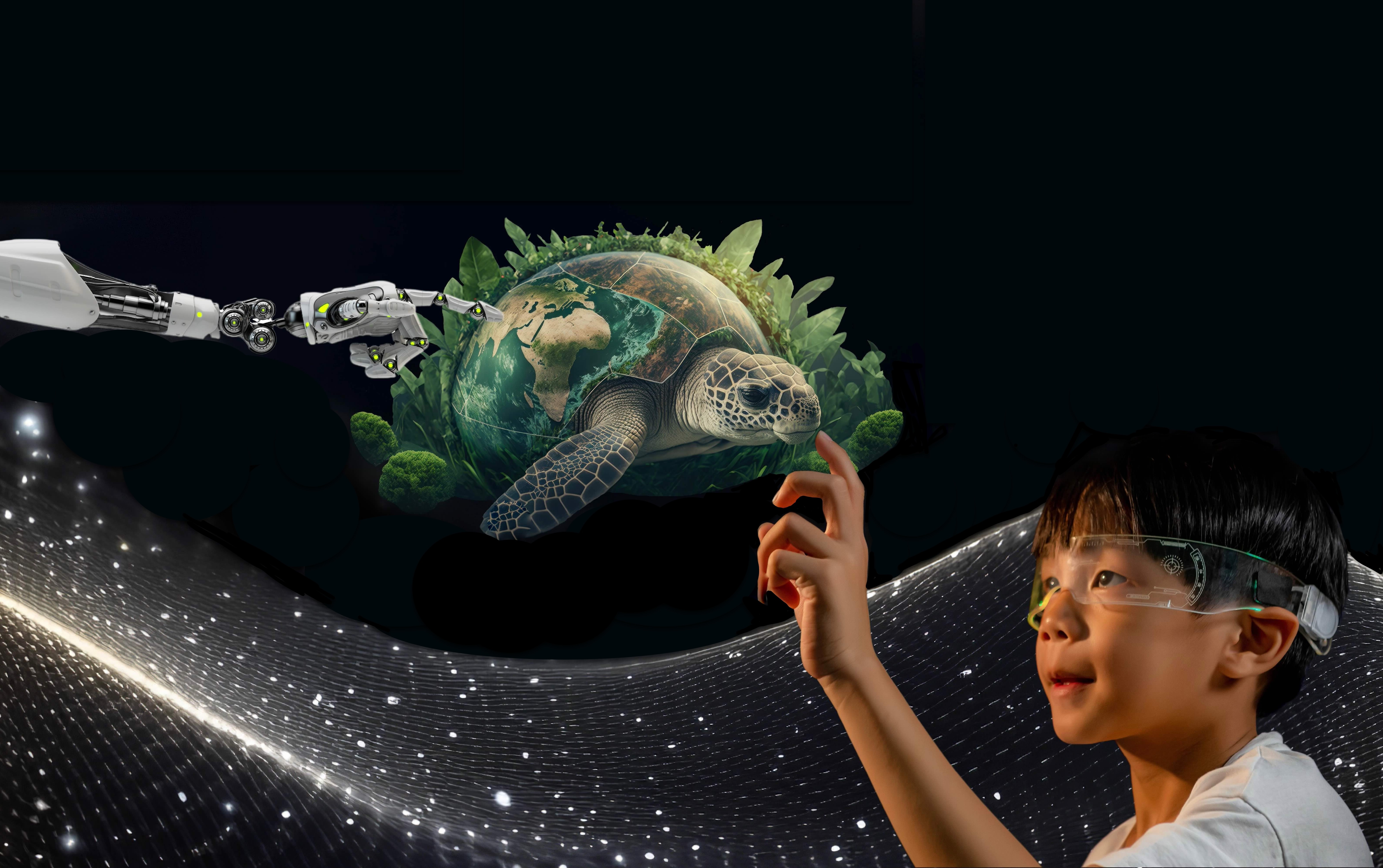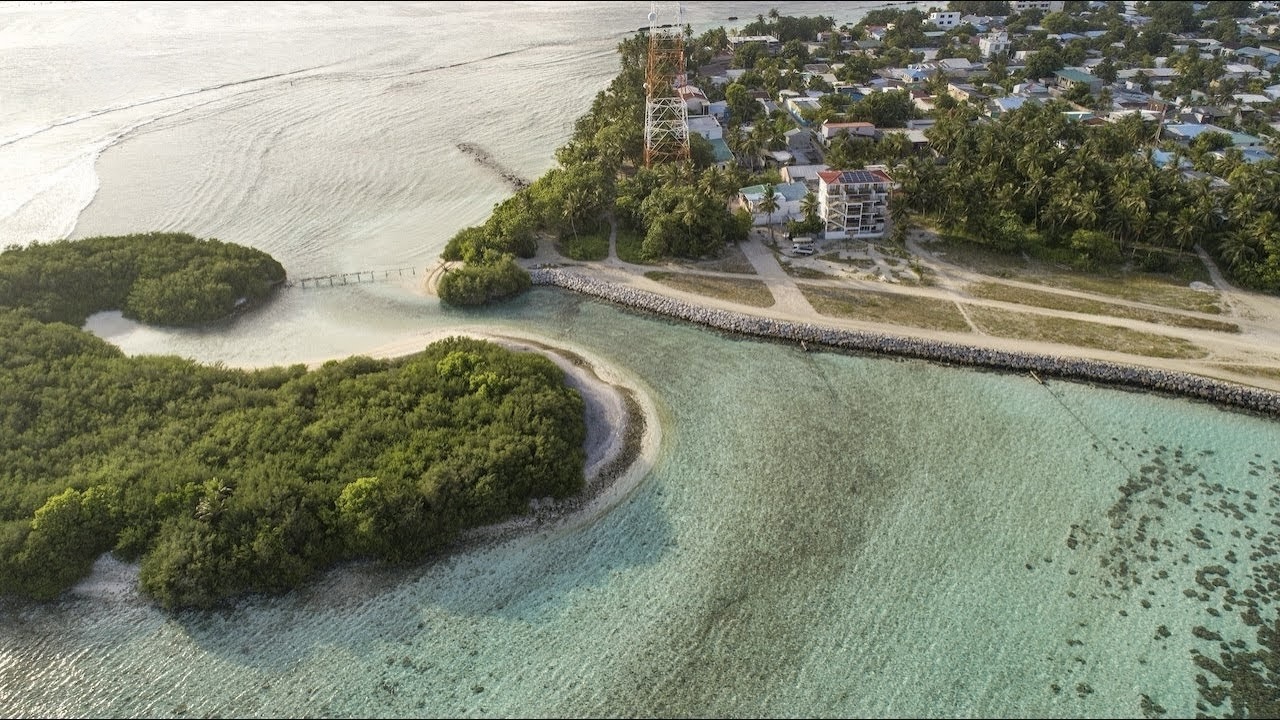Pre School
Play with Purpose

.jpg)
"Children learn as they play. Most importantly, in play, children learn how to learn." - O. Fred Donaldson"
A Gentle Beginning Rooted in Play, Curiosity, and Joy
Early childhood is a tender phase, full of discovery, wonder, and the earliest shaping of identity. At SASE, we honour this precious stage by recognising that young children learn most meaningfully when they feel safe, joyful, and free to explore. Play is not just an activity; it is the language of childhood, the way children test ideas, make meaning, and understand themselves in relation to the world. When children play, they imagine, investigate, create, and connect. They learn not because they are instructed to, but because curiosity naturally pulls them forward.
A Learning Environment That Respects Developmental Rhythms
We design our Early Years Program with deep respect for how young children naturally grow, socially, emotionally, cognitively, and physically. Children are not rushed toward outcomes; they are gently supported as they unfold at their own pace. Mixed-age learning spaces create a rich social tapestry where younger children learn from older peers, and older children develop empathy, confidence, and leadership.
Relationships form the heart of our work. Our educators model warmth, compassion, and respect, creating classrooms where children feel held, understood, and unafraid to express themselves. In such environments, learning becomes a shared human experience rooted in connection rather than compliance.
Nature as a Living Teacher
We believe that childhood deserves fresh air, open space, and real sensory experience. Nature offers children an irreplaceable context to explore scale, movement, texture, sound, life cycles, and the calming rhythms of the natural world.
When children spend meaningful time outdoors, they build resilience, develop balance and coordination, and form a deep sense of belonging to the earth. Sensory encounters, such as soil between fingers, wind against skin, sunlight, leaves, stones, and movement, become rich building blocks for neural, emotional, and embodied learning. Through this connection, children develop not only knowledge, but reverence.
Learning Through the Senses, the Body, and the Heart
Early childhood research consistently affirms that young learners benefit from rich multisensory experiences that engage the whole child, including their imagination, language, movement, and emotions. Our approach respects diverse ways of thinking, processing, and expressing understanding. Children learn through touch, movement, sound, observation, interaction, and reflection. As their confidence grows, so does their ability to communicate, problem-solve, collaborate, and persevere.
Assessment in this stage is gentle, holistic, and rooted in observation. Instead of testing, we watch closely. Instead of comparison, we recognise individual growth. We celebrate learning as a lived experience rather than a measured output.
A Foundation Strengthened by Neuroscience and Deep Understanding
We align our practice with the latest insights from childhood development and neuroscience, which affirm that the early years are foundational to lifelong learning. Rich sensory motor experiences during this period support cognitive flexibility, emotional development, spatial reasoning, and language pathways. When children are given space to explore and express themselves freely, they develop not just skills, but a lifelong readiness to engage with learning.
We also recognise the profound importance of spatial reasoning and symbolic thinking during this stage, abilities strongly linked to later competence in mathematics, design, creativity, and scientific reasoning. When nurtured early, these abilities help children feel capable, curious, and confident in navigating more complex learning later in life.
Educators and Co-Learners as Partners in the Journey
Learning in the early years flourishes when children are surrounded by adults and peers who understand, guide, and nurture them. At SASE, educators and co-learners work together as essential partners in each child’s developmental journey. Their observations, insights, and supportive presence create a rich continuity of care throughout the day.
This collaborative ecosystem ensures that every child feels understood, encouraged, and emotionally secure within their learning environment. Through these shared relationships, children experience a community that honours their individuality and strengthens their sense of belonging.
Cultivating a Lifelong Love for Learning
The earliest years are where a child’s inner landscape of learning is formed. What they experience now becomes the emotional blueprint that shapes how they will approach knowledge, relationships, and challenges throughout life. When children are invited into environments that honour their curiosity and affirm their sense of self, they develop an enduring belief that learning is not a task but a deeply human journey. In such spaces, exploration feels safe, expression feels valued, and questions are welcomed as pathways to understanding. This early sense of belonging in the world of ideas allows children to carry a natural love of learning into every stage that follows.
A Nurturing Start for a Bright Future
Early childhood offers a fleeting yet profound opportunity to support the growth of a whole human being. It is a time when a child’s emotional world, imagination, and cognitive pathways are tenderly taking shape. What they need most is not acceleration but attunement: adults who listen closely, respond with empathy, and create rhythms of care that help them feel grounded and secure. When children grow within such an environment, their learning becomes an unfolding rather than an effort.
Here, small discoveries build inner strength, gentle challenges cultivate resilience, and meaningful relationships anchor them in trust. These beginnings do more than prepare a child for school; they shape the way they will meet the world with openness, delight, and an expanding sense of possibility that continues to illuminate their learning journey long after these early years have passed.




At SASE, we believe education should not ask children to fit in; it should celebrate what makes them stand out. SASE is rooted in a love for children and built around each child’s unique essence. We offer meaningful, individualised, progressive, and inclusive learning experiences. We are anchored in a pioneering educational philosophy — Posthumanism — a thoughtful and future-forward approach the world needs now.
Join us in shaping a future where your child blossoms beautifully, confidently, and as their authentic self.
.jpg)


.jpg)











.jpeg)



